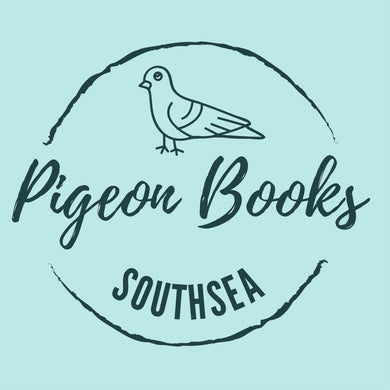£9.99
Diary Of An Invasion | Andrey Kurkov
'At first we did not understand what war was. You can't understand it until you see it and hear it.'As Russian forces build up beyond the Ukrainian borders and the prospect of war becomes a devastating reality, Andrey Kurkov chronicles the shocking impact of Russia's invasion of Ukraine.
Part political and historical commentary, part personal journal, Kurkov explores the fraught interrelation of Russian and Ukrainian history, the complicated coexistence of their languages, and in describing how a peaceful society defies occupation, the author builds an image of a culture which, contrary to Putin's claims, is unique and democratic, liberal and diverse, one that will 'resist to the end'. Redirecting his satirical flair to paint a defiant portrait of his compatriots, Kurkov tells of a people united against erasure. Bread is baked and shared in the ruins.
An amputee is carried aboard an evacuating train, grandmothers escape occupied towns with their noisome roosters. And despite the networks of toloka, of community work for common good, being stretched to breaking point, and the embittering reticence of some European nations to make good their promises of aid and armaments, hope channels its perennial resistance: children are born deep within besieged cities and farmers go on working the fields made lethal by unexploded shells. Kurkov braids his personal story with those of other displaced Ukrainians and the communities that have gone to extraordinary lengths to care for them.
Showing an irrepressible spirit, they 'wait for the moment when it will be safe to return,' he writes, 'just as I am waiting.'
Part political and historical commentary, part personal journal, Kurkov explores the fraught interrelation of Russian and Ukrainian history, the complicated coexistence of their languages, and in describing how a peaceful society defies occupation, the author builds an image of a culture which, contrary to Putin's claims, is unique and democratic, liberal and diverse, one that will 'resist to the end'. Redirecting his satirical flair to paint a defiant portrait of his compatriots, Kurkov tells of a people united against erasure. Bread is baked and shared in the ruins.
An amputee is carried aboard an evacuating train, grandmothers escape occupied towns with their noisome roosters. And despite the networks of toloka, of community work for common good, being stretched to breaking point, and the embittering reticence of some European nations to make good their promises of aid and armaments, hope channels its perennial resistance: children are born deep within besieged cities and farmers go on working the fields made lethal by unexploded shells. Kurkov braids his personal story with those of other displaced Ukrainians and the communities that have gone to extraordinary lengths to care for them.
Showing an irrepressible spirit, they 'wait for the moment when it will be safe to return,' he writes, 'just as I am waiting.'

